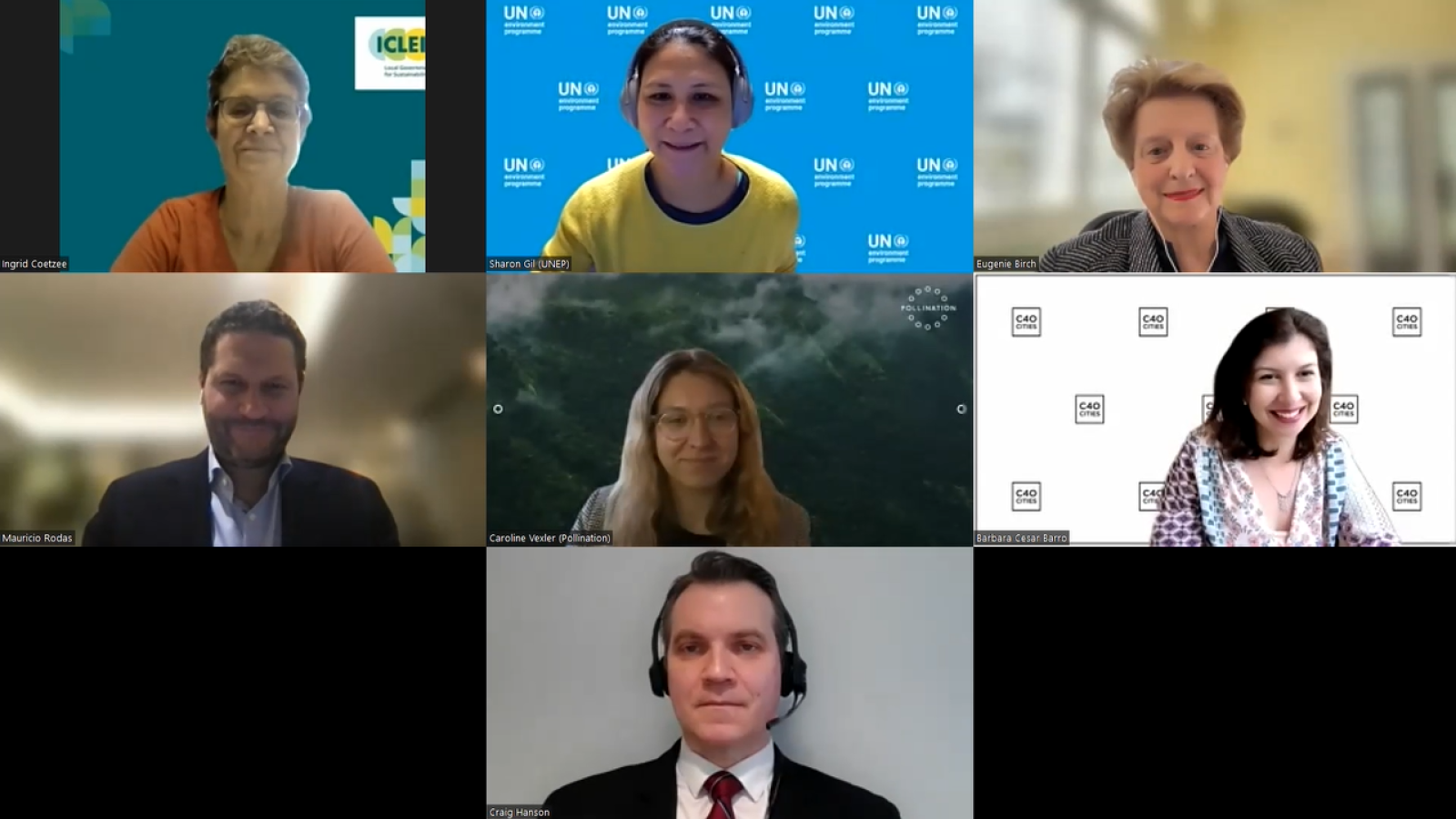Sharon Gil
Advocacy
Unlocking investment in nature for a just urban transformation
Organized in parallel to the World Economic Forum (WEF) annual meeting in Davos, this webinar highlighted the findings of UNEP's latest "State of Finance for Nature" report and explored what's needed to accelerate the financing of urban nature.
Speakers at the event
Urban nature-based solutions (NbS) can contribute to the achievement of multiple Sustainable Development Goals, such as climate adaptation and mitigation; sustainable food production and consumption; clean water and air; thermal comfort through cooler streets and buildings; and access to public green spaces for recreation and physical and mental well-being.
But for urban nature to reach its full potential, investment in nature needs scaling up. The latest edition of UNEP’s State of Finance of Nature report recommends that investments in NbS triple by 2030 to ensure we meet our global climate, biodiversity and land degradation targets. Investing in nature also makes economic sense: nature-based infrastructure is on average 50% more cost-effective than ‘grey’ alternatives and delivers 28% better value for money.
At the Biodiversity COP15 in Montreal in December 2022, mayors across the globe called for increased direct financing to allow cities to implement ambitious greening and ecosystem restoration projects. Building on the mayors' call, this webinar will highlight the findings of the "Financing Nature in Cities" annex to UNEP's State of Finance for Nature 2022 report, and explore the levers to scale up investments for nature in cities.
The webinar will take place in parallel to a closed session at the World Economic Forum’s annual meeting in Davos, where industry and finance leaders will discuss de-risking investment in urban nature-based solutions.
Speakers
- Sharon Gil, Acting Head, Cities Unit, UN Environment Programme
- Luis Donaldo Colosio Rioja, Mayor of Monterrey, Mexico
- Eugénie L. Birch, Co-director, Penn Institute for Urban Research
- Craig Hanson, Managing Director and Executive Vice President for Programs, World Resources Institute (WRI)
- Mauricio Rodas, Former Mayor of Quito, Ecuador, and Visiting Scholar, UPenn
- Barbara Barros, Senior Manager Adaptation Finance, C40 Cities
- Caroline Vexler, Director, Pollination
- Ingrid Coetzee, Director, Biodiversity, Nature and Health, ICLEI
LEARN MORE
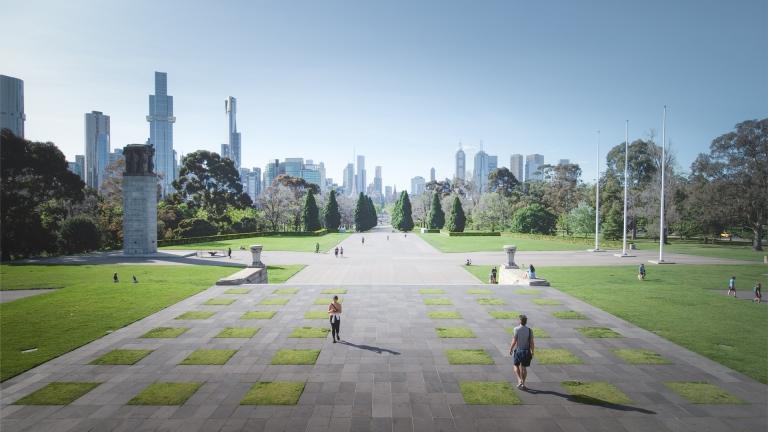
Cities call for increased investment to halt and reverse nature loss
At the Biodiversity COP in Montreal, mayors from 15 cities called for increased direct funding for urban nature-based solutions and ecosystem restoration projects, backed by UrbanShift, UNEP, GEF, ICLEI, C40, and other partners.
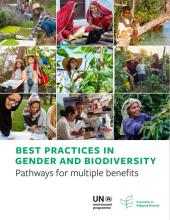
BEST PRACTICES IN GENDER AND BIODIVERSITY
To achieve gender equity and protect biodiversity, initiatives that emphasize inclusion and innovation must be prioritized. This collection of best practices shows how targeted action is critical to producing transformative results for biodiversity.
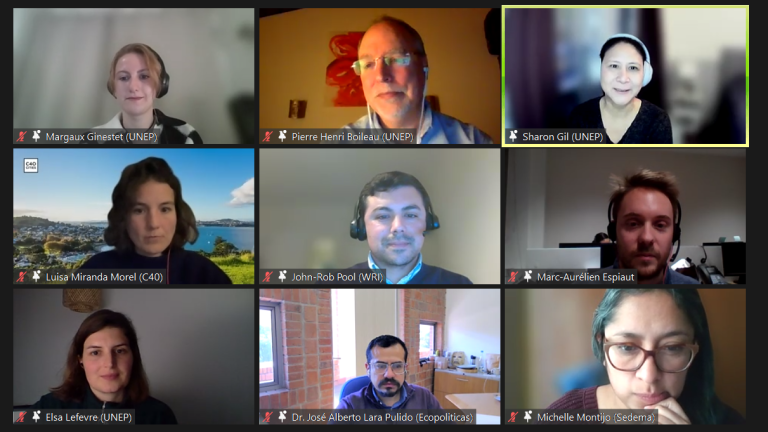
Leveraging urban nature to create inclusive and equitable cities
As cities continue to expand their built environment, maintaining equity and inclusion becomes even more critical. Join us to learn about the challenges and opportunities of using nature as a tool to build more inclusive cities.
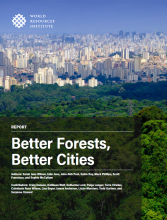
Better Forests, Better Cities
This report evaluates how forests both inside and outside city boundaries benefit cities and their residents, and what actions cities can take to conserve, restore and sustainably manage those forests.
